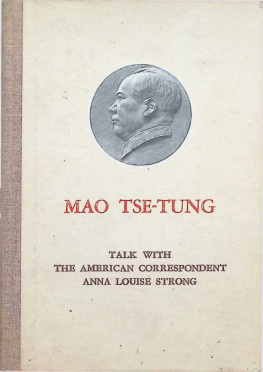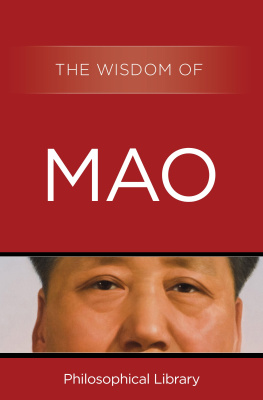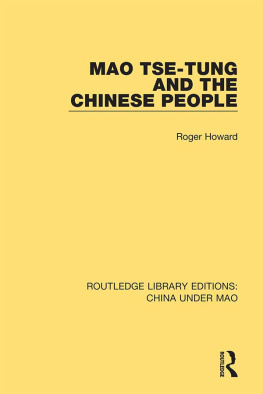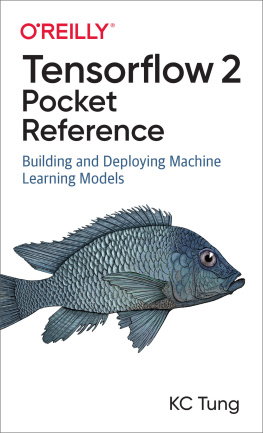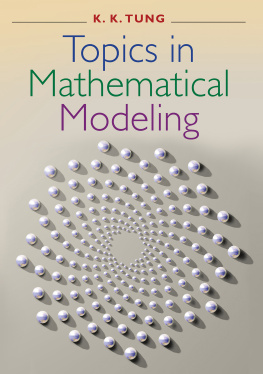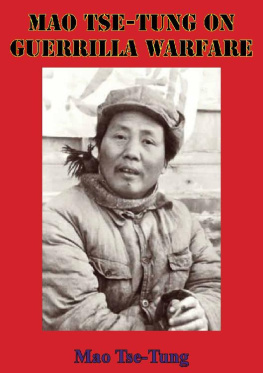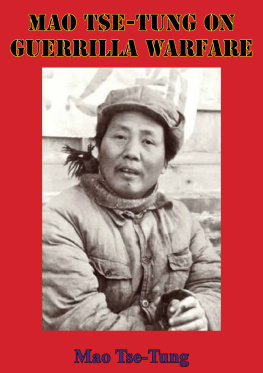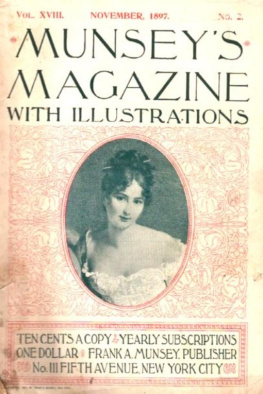Quotations
from Chairman
Mao Tse-tung
('The Little Red Book')
Quotations from Chairman Mao Tse-tung is a book of statements from speeches and writings by Mao Tse-tung (now romanized as Mao Zedong), the former Chairman of the Communist Party of China, published from 1964 to about 1976 and widely distributed during China's Cultural Revolution.
Billions were produced, the most popular versions being in bright red covers in small sizes that could be easily carried, becoming commonly known internationally as The Little Red Book.
Quotations from: 1927 - 1964
First Published: 1966
Publisher: Peking Foreign Languages Press
Transcribed & marked up by David Quentin and Brian Baggins for the Marxists Internet Archive, and converted to ebook format in 2019.
Unless otherwise stated, the page number given for the source of a quotation refers to the first English edition of the book or pamphlet cited as published by the Foreign Languages Press, Peking.
In cases where a word or phrase linked to the preceding text has been omitted in the opening sentence of the quotation, an asterisk is placed after the source. This is also done in a number of places where the English rendering has been reworded to make up for omission of context or to improve the translation.
Foreword to the Second Edition
Comrade Mao Tse-tung is the greatest Marxist-Leninist of our era. He has inherited, defended and developed Marxism-Leninism with genius, creatively and comprehensively and has brought it to a higher and completely new stage.
Mao Tse-tung's thought is Marxism-Leninism of the era in which imperialism is heading for total collapse and socialism is advancing to world-wide victory. It is a powerful ideological weapon for opposing imperialism and for opposing revisionism and dogmatism. Mao Tse-tung's thought is the guiding principle for all the work of the Party, the army and the country.
Therefore, the most fundamental task in our Party's political and ideological work is at all times to hold high the great red banner of Mao Tse-tung's thought, to arm the minds of the people throughout the country with it and to persist in using it to command every field of activity. The broad masses of the workers, peasants and soldiers and the broad ranks of the revolutionary cadres and the intellectuals should really master Mao Tse-tung's thought; they should all study Chairman Mao's writings, follow his teachings, act according to his instructions and be his good fighters.
In studying the works of Chairman Mao, one should have specific problems in mind, study and apply his works in a creative way, combine study with application, first study what must be urgently applied so as to get quick results, and strive hard to apply what one is studying. In order really to master Mao Tse-tung's thought, it is essential to study many of Chairman Mao's basic concepts over and over again, and it is best to memorize important statements and study and apply them repeatedly. The newspapers should regularly carry quotations from Chairman Mao relevant to current issues for readers to study and apply.
The experience of the broad masses in their creative study and application of Chairman Mao's works in the last few years has proved that to study selected quotations from Chairman Mao with specific problems in mind is a good way to learn Mao Tse-tung's thought, a method conducive to quick results.
We have compiled Quotations from Chairman Mao Tse-tung in order to help the broad masses learn Mao Tse-tung's thought more effectively. In organizing their study, units should select passages that are relevant to the situation, their tasks, the current thinking of their personnel, and the state of their work.
In our great motherland, a new era is emerging in which the workers, peasants and soldiers are grasping Marxism-Leninism, Mao Tse-tung's thought. Once Mao Tse-tung's thought is grasped by the broad masses, it becomes an inexhaustible source of strength and a spiritual atom bomb of infinite power. The large-scale publication of Quotations from Chairman Mao Tse-tung is a vital measure for enabling the broad masses to grasp Mao Tse-tung's thought and for promoting the revolutionization of our people's thinking. It is our hope that all comrades will learn earnestly and diligently, bring about a new nation-wide high tide in the creative study and application of Chairman Mao's works and, under the great red banner of Mao Tse-tung's thought, strive to build our country into a great socialist state with modern agriculture, modern industry, modern science and culture and modern national defence!
Lin Piao
December 16, 1966
1. The Communist Party
The force at the core leading our cause forward is the Chinese Communist Party.
The theoretical basis guiding our thinking is Marxism-Leninism.
Opening address at the First Session of the First National People's Congress of the People's Republic of China (September 15, 1954).
If there is to be revolution, there must be a revolutionary party. Without a revolutionary party, without a party built on the Marxist-Leninist revolutionary theory and in the Marxist-Leninist revolutionary style, it is impossible to lead the working class and the broad masses of the people in defeating imperialism and its running dogs.
"Revolutionary Forces of the World Unite, Fight Against Imperialist Aggression!" (November 1948), Selected Works, Vol. IV, p. 284.*
Without the efforts of the Chinese Communist Party, without the Chinese Communists as the mainstay of the Chinese people, China can never achieve independence and liberation, or industrialization and the modernization of her agriculture.
"On Coalition Government" (April 24, 1945), Selected Works, Vol. III, p. 318.*
The Chinese Communist Party is the core of leadership of the whole Chinese people. Without this core, the cause of socialism cannot be victorious.
Talk at the general reception for the delegates to the Third National Congress of the New Democratic Youth League of China (May 25, 1957).
A well-disciplined Party armed with the theory of Marxism-Leninism, using the method of self-criticism and linked with the masses of the people; an army under the leadership of such a Party; a united front of all revolutionary classes and all revolutionary groups under the leadership of such a Party - these are the three main weapons with which we have defeated the enemy.
"On the People's Democratic Dictatorship" (June 30, 1949), Selected Works, Vol. IV, p. 422.
We must have faith in the masses and we must have faith in the Party. These are two cardinal principles. If we doubt these principles, we shall accomplish nothing.
On the Question of Agricultural Co-operation (.July 31, 1955), 3rd ed., p. 7.*
Armed with Marxist-Leninist theory and ideology, the Communist Party of China has brought a new style of work to the Chinese people, a style of work which essentially entails integrating theory with practice, forging close links with the masses and practising self-criticism.
"On Coalition Government" (April 24, 1945), Selected Works, Vol. III, p. 314.*
No political party can possibly lead a great revolutionary movement to victory unless it possesses revolutionary theory and a knowledge of history and has a profound grasp of the practical movement.
"The Role of the Chinese Communist Party in the National War" (October 1938), Selected Works, Vol. II, p. 208.
As we used to say, the rectification movement is "a widespread movement of Marxist education". Rectification means the whole Party studying Marxism through criticism and self-criticism. We can certainly learn more about Marxism in the course of the rectification movement.



